Say I have a function like this:
function theFunction() {
$arr = array();
for ($i=0;$i<10;$i++) {
$arr[] = new theObject($i);
}
return $arr;
}
I need to document the return type of the function. I could of course just usearray, but that does not provide all the information that can be provided, and doesn't tell the developer much about the true nature of the function.
How do I document the type "array of [type]" in PHPDoc?
